In June, US PMI Manufacturing dropped to 50.1 in June, down from 50.5 and missed expectation of 50.5. That’s the lowest level in 117 months. PMI Services dropped to 50.7, down from 50.9 and missed expectation of 51.0. That’s the lowest level in 40 months. PMI Composite dropped to 50.6, down from 50.9, a 40-month low.
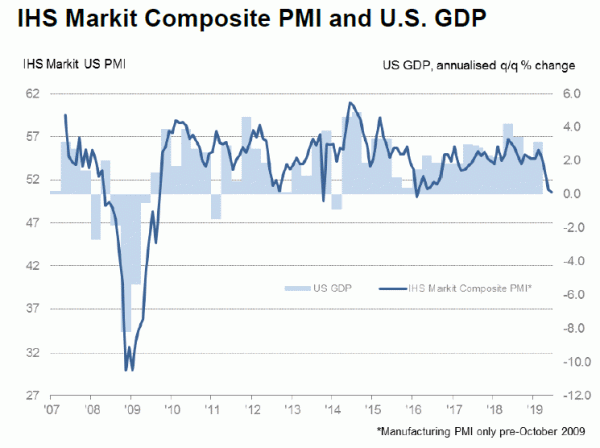
Commenting on the flash PMI data, Chris Williamson, Chief Business Economist at IHS Markit said:
“Business activity edged closer to stagnation in June, expanding at the slowest rate since February 2016 and rounding off a second quarter in which the survey data point to the pace of economic expansion slipping to 1.4%.
“Recent months have seen a manufacturing-led downturn increasingly infect the service sector. The strong services economy seen earlier in the year has buckled to show barely any expansion in June, recording the second-weakest monthly growth since the global financial crisis.
“Business optimism has also become more subdued, with sentiment about the year ahead down to a new series low amid intensifying worries about tariffs, geopolitical risk and slower economic growth in the months ahead.
“The labor market is also showing signs of weakening. The survey data for June indicate non-farm payroll growth of 140k,averageing 150k in the second quarter after a 200k signal for the first three months of the year .
“Prices for goods and services meanwhile rose at a slightly increased rate in June, mainly due to tariffs. To illustrate, some two-thirds of all manufacturers attributed some or all of their raw material cost increases to tariffs during the month. However, the inflationary impact of tariffs was offset by a broader softening of demand, which reduced suppliers’ pricing power. The overall rate of input cost inflation in manufacturing eased to a two-year low, while average selling prices for goods and services showed one of the smallest rises seen since late-2016.”
Full release here.




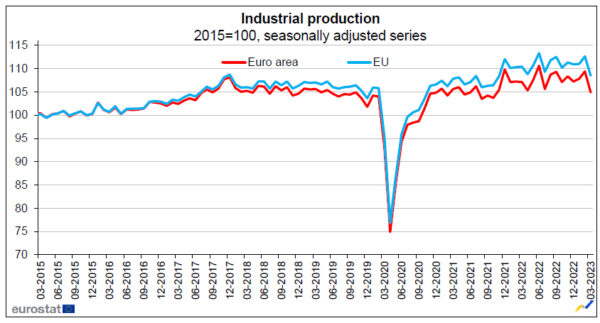
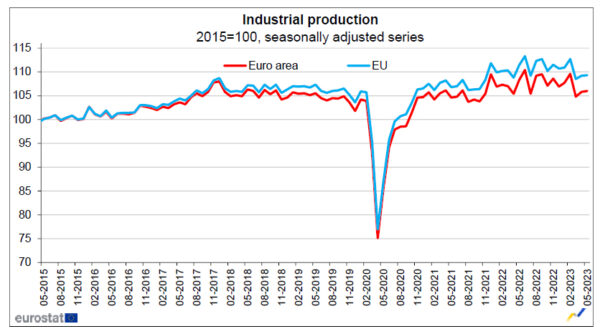
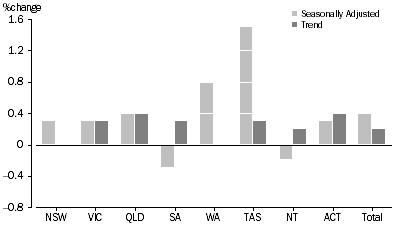

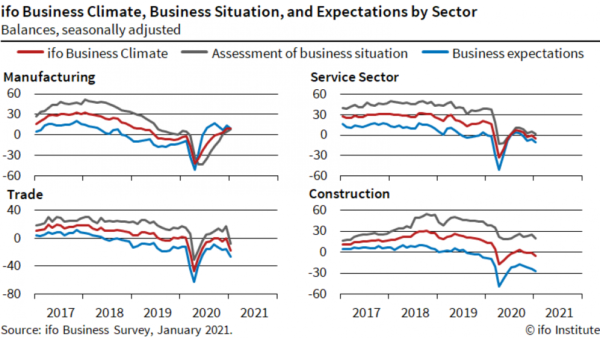
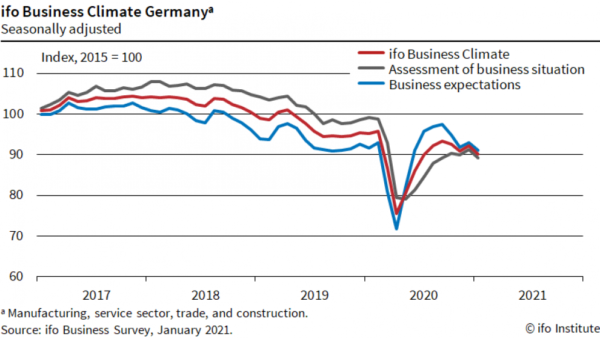
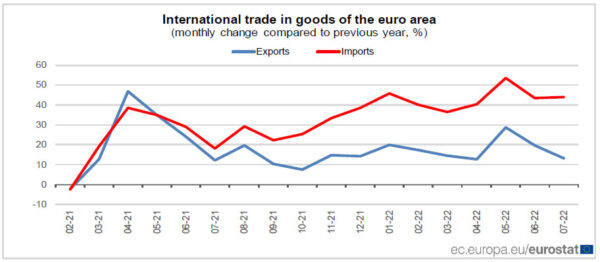


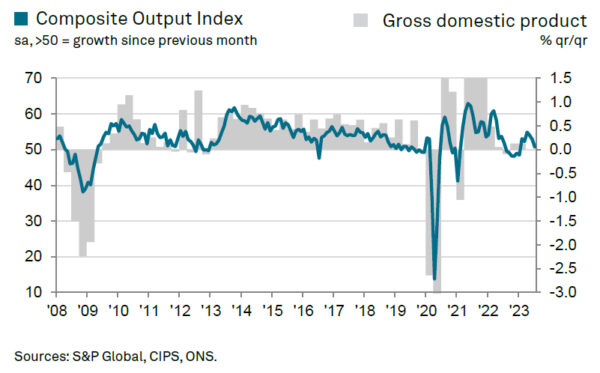
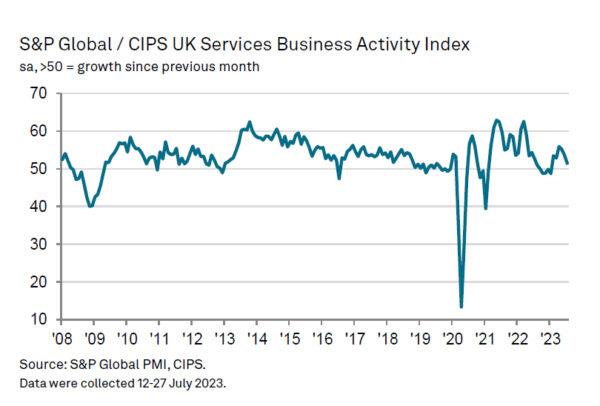
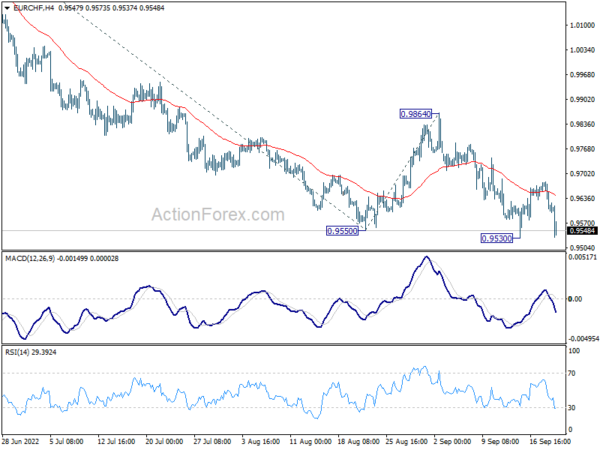
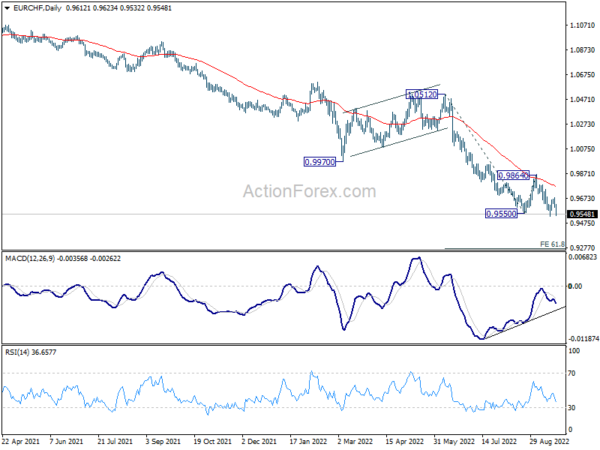
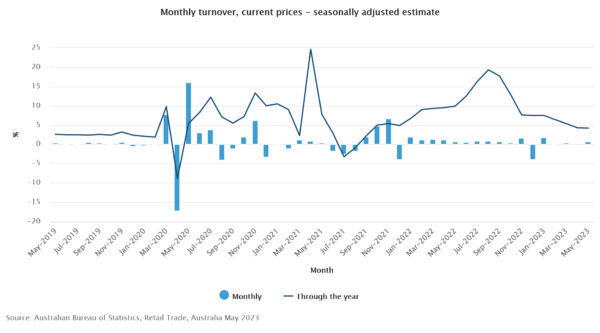
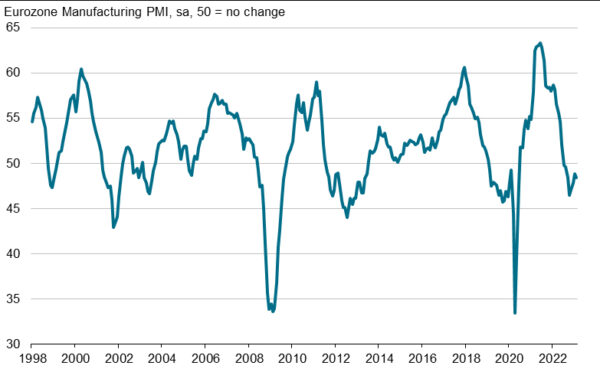
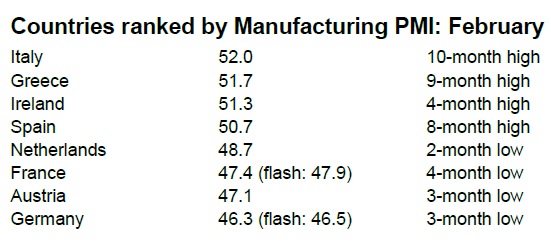

ECB’s Lagarde: Current rates will bring inflation to target by 2025 end
ECB President Christine Lagarde, in her address to a European Parliament committee, expressed confidence in the current policy rates, emphasizing their effectiveness in steering inflation back towards the intended target.
“Based on our latest assessment,” Lagarde mentioned, “we consider that our policy rates have reached levels that, maintained for a sufficiently long duration, will make a substantial contribution to the timely return of inflation to our target.”
Lagarde also highlighted the headwinds faced by the euro area’s economy. After broadly stagnating during the first half of 2023, the economy has demonstrated signs of weakening further in the third quarter. This is particularly concerning given the previously resilient services sector, which is also starting to display weakness.
Lagarde elaborated, “The services sector, which had been resilient until recently, is now also weakening,” noting that “job creation in the services sector is moderating and overall momentum is slowing.”
Domestic price pressures, however, continue to remain formidable. A surge in holiday and travel spending combined with substantial wage growth is holding up services inflation.
Nevertheless, according to staff projections, “inflationary pressures are expected to moderate and that inflation is set to reach our target by the end of 2025.”
Full remarks of ECB Lagarde here.